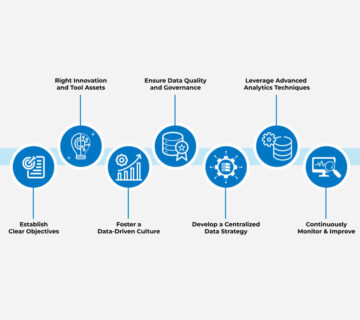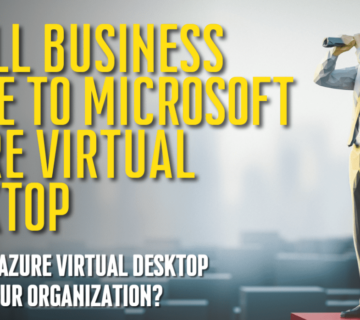What Is the Dark Web?
If You’re an SMB Concerned About the Dangers, the Dark Web Poses to Your Business. You’re Not Alone.
While it may not make you feel any better, I can tell you that you are not the only small to midsize business owner or manager who is afraid of the dark web and the tools it wields to wreak havoc on your business operations and security. I hear daily from SMB owners who are in the same rocky boat. In fact, since my IT Security company, Technijian, provides dark web solutions in Orange County, we get so many inquires from businesses asking how they can protect themselves from its potential dangers that we have devoted many blogs to just this subject. Interestingly, there seems to be a pattern to the concerns expressed.
Exactly What Is the Dark Web?
The dark web is a section of the internet that cannot be detected by any of the most commonly used search engines. The Dark Web should not be confused with the Deep Web, which also is inaccessible to Google, Microsoft Edge, or any other mainstream browser. The Deep Web holds highly secure information such as medical records, financial information, and other secure information, as well as newspaper and periodical online subscriptions, gym memberships, and other applications protected by a paywall. Unlike the Dark Web, it is accessible to authorized users who have a valid login. In other words, the Deep Web holds legitimate information.
By contrast, the Dark Web is mainly used for illicit activities such as buying drugs, stolen credit card numbers, and tools acquired by hackers searching for ways to carry out malicious security attacks and open up breaches on vulnerable networks and websites. And once they acquire these tools, they create the havoc and consumer fraud that fills the news from time to time — occurrences that could very well impact companies that have websites just like yours if they fail to take adequate security precautions.
What Are the Dangers the Dark Web Holds for My Company?
The dark web is a virtual treasure trove for those with fraudulent intentions. Some of these include
- Delivering emails that appear legitimate yet are actually phishing attempts.
- Launching malware attacks carrying ransomware or distributed denial of service (DDoS)
- Carrying out espionage intended to steal intellectual property, trade agreements, confidential financial or customer information, or vital operations data
- Breaching data security to steal passwords and credentials
Every one of these attacks can downgrade your company’s value since they damage your company’s reputation, undermine customer/client trust, and impact your bottom line since they result in losing potential and current customers to your competitors.
What Can I Do to Protect My SMB From the Dangers of the Dark Web
The short answer is to assign someone on your IT staff the task of keeping abreast of all the security patches and updates software companies issue when they discover vulnerabilities and entry points in their products — weak points that hackers and exploiters use to penetrate computer systems, browsers, servers, and common network applications.
Other responsibilities they need to assume include educating themselves on all the ways hackers are using to gain entry into vulnerable systems, preparing for data recovery by backing up all your data to the cloud daily to protect it from outages, natural disasters, and ransomware interference, and keeping abreast of the ever-changing standards and compliance rules and regulations that may apply to your type of business.
You or someone else should also hold periodic mandatory meetings or workshops for all your staff to educate them on phishing, and other bait hackers use to fool them. At these must-attend meetings, you should explain all the precautions they need to take and security routines they need to follow to protect their computers — and by extension, the company’s network.
What Can I Do If We Don’t Have a Support Staff, or One That Is Already Overwhelmed?
Companies often find themselves overwhelmed when they rely on one or two IT techs or make do with the owner or a marginally security-savvy employee assuming backup duty and “keeping an eye out” for abnormal hiccups and delays in the system. The alternative is to hire a company that provides managed IT services and support. Such companies provide varying degrees of support by cost. Companies with limited security budgets can purchase basic plans that offer access to a support desk and a technician on call for periodic site visits to monitor, manage, and update your system, and make emergency service calls to solve any problems that may arise.
Other companies that can afford to spend a bit more can take advantage of more robust plans that offer varying levels of protection such as providing a daily onsite “tech guy,” conducting regular employee workshops, remotely backing up data daily, or assuming responsibility for HIPAA, PCI, or other compliance standards that may apply to their type of business.
For more information about what you can do as an SMB owner to keep aware of the ever-changing threats that hackers are conjuring up, I invite you to visit the blog pages on my company’s website, technijian.com. I try to cover all the issues we have dealt with in our 20+ years of providing dark web solutions in Orange County and other areas.




No comment